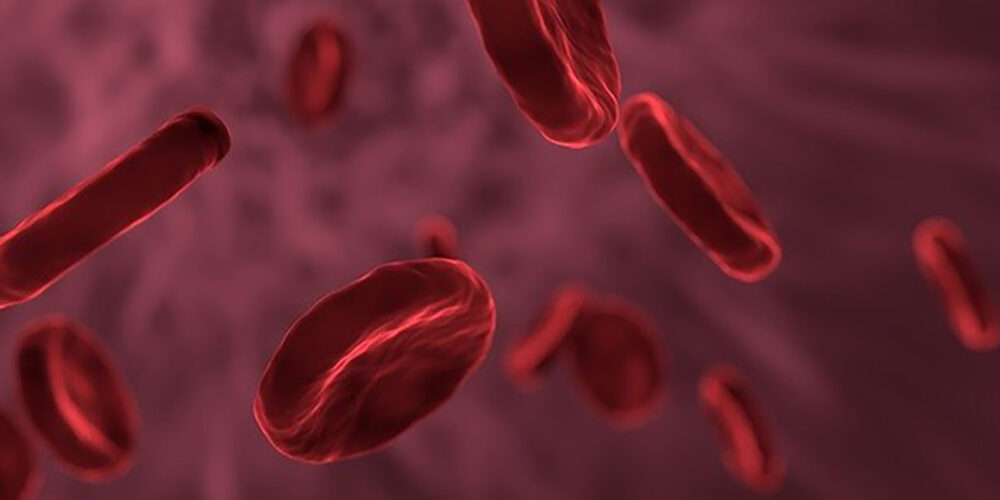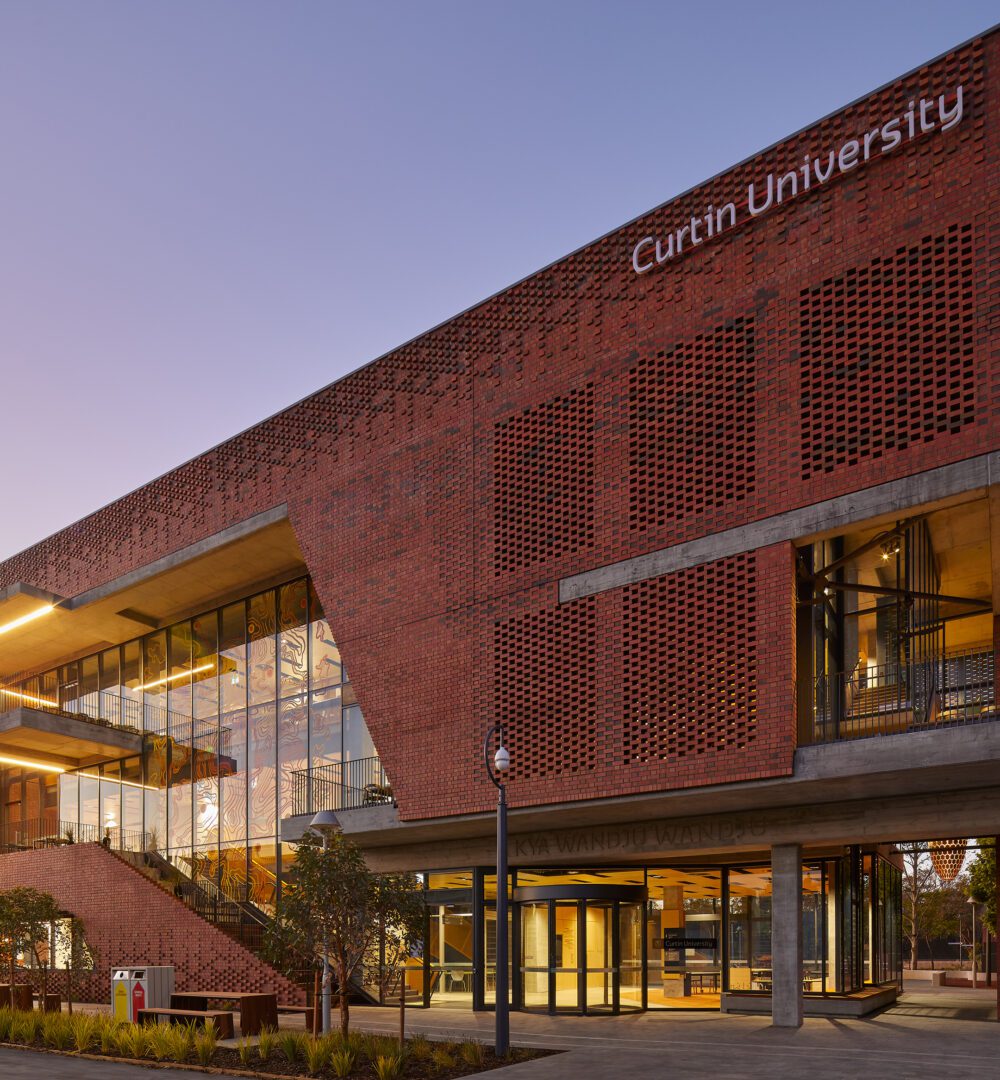Curtin research to focus on pancreatic cancer ‘bubbles’ in blood

Curtin University researchers will investigate the make-up of cancer-carrying ‘bubbles’ with the ultimate aim of detecting pancreatic cancer in its early stages, thanks to funding from PanKind, The Australian Pancreatic Cancer Foundation.
Led by Professor Marco Falasca from the Curtin Medical School, the research would focus on so-called “bubbles” located in pancreatic cancer cells that can be discovered in blood and other body fluids.
Professor Falasca said the research ultimately aimed to help detect pancreatic cancer – one of the deadliest and most aggressive forms of cancer – in its early stages, allowing for early intervention and the development of effective drug therapies.
“These bubbles, which are called exosomes, are used by cancer cells to communicate and help spread the cancer,” Professor Falasca said.
“These exosomes from tumour cells play a crucial role in the growth and development of pancreatic cancer. By identifying the molecules transported by exosomes that are unique to pancreatic cancer, we are aiming to use them as markers that will hopefully mean we are able to help detect pancreatic cancer in its early stages.
“If we can do this, it would represent a significant development in early and non-invasive diagnoses, as well as opening up the prospect of studying a way to inactivate these molecules with the ultimate goal of developing more effective drug therapies.”
Professor Falasca said finding a way to detect pancreatic cancer earlier remained a high priority, given just three out of 10 people survived one year after diagnosis.
“There is a lack of information about early warning signs to look out for, which leads to late diagnosis, a faster spread and resistance to chemotherapy,” Professor Falasca said.
“We are grateful for the funding from PanKind, which will allow us to conduct this important research and investigate this potentially significant new avenue.”
PanKind Chief Executive Officer Michelle Stewart said they were pleased to fund some of Australia’s most talented pancreatic cancer researchers.
“We hope that this significant investment into new strategies to detect pancreatic cancer will give us greater insights about how to identify this disease earlier and make survival more likely in the future,” Ms Stewart said.
PanKind is the only foundation in Australia exclusively dedicated to pancreatic cancer, with a mission to dramatically increase survival rates and quality of life for those impacted by the disease.
In this round of funding, PanKind announced $100,000 for Curtin among a total of $500,000 for projects that focus on the early detection of pancreatic cancer, bringing the total committed since launching their Early Detection Initiative in 2021 to $1 million.
More information about PanKind can be found here.



